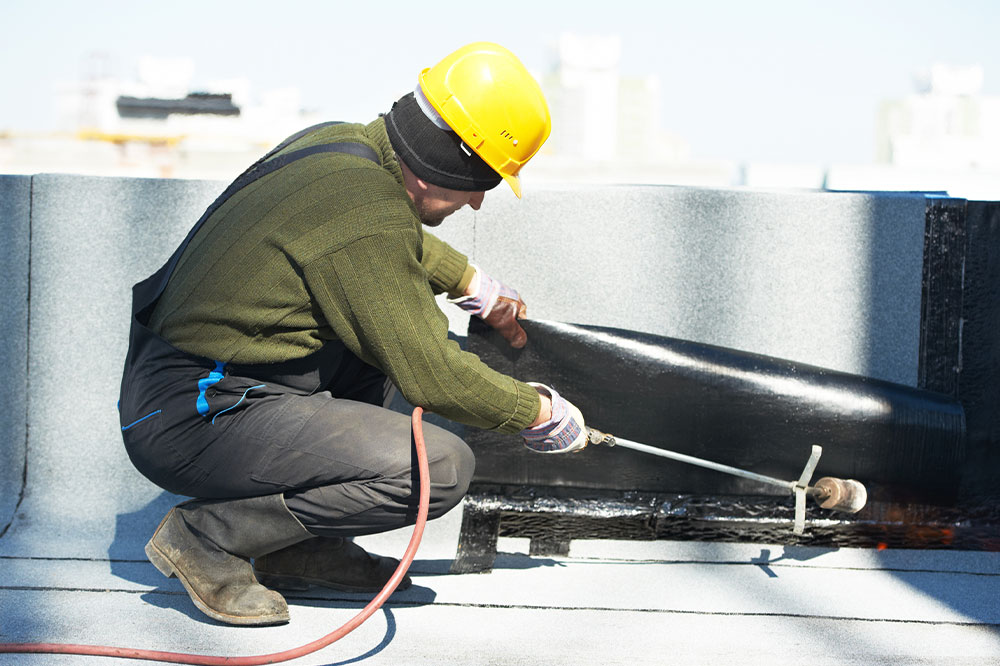
Benefits of rubber coating and uses in different industries
Rubber is an incredibly versatile material with numerous applications and benefits. Thanks to its waterproofing abilities, durability, flexibility, and cost-effectiveness, it can be used in different ways to protect against damage and improve the overall appearance of a surface. In this post, we’ll explore the benefits of rubber coating and its uses in different industries in our country. But first, let’s take a closer look at what exactly rubber coating is.
What’s rubber coating?
Rubber coating, also known as waterproof rubber paint, is a protective coating made of synthetic rubber and used for waterproofing, anti-corrosion, insulation, and other purposes. It comes in different forms, such as liquid, spray, and roll-on, and can be applied to various surfaces, including metal, wood, concrete, and asphalt.
Benefits of rubber coating
Rubber coating is a popular solution in households and industries. Here are some of its many benefits:
- Versatile
Rubber coating can be applied on various surfaces, such as metal, concrete, wood, and plastic, making it a versatile solution. - Durable
It’s highly resistant to wear and tear, making it ideal for harsh environments or heavy-duty applications. It can also withstand exposure to UV rays and extreme temperatures without degrading. - Non-slip
Rubber’s textured surface provides a non-slip grip, which is beneficial in areas like factories or warehouses where slip and fall accidents are a concern. - Waterproof
Waterproof rubber paint is an ideal solution for protecting surfaces from damage caused by water and moisture. It’s often used to coat boats, automobiles, industrial pipes, and other items regularly exposed to wet conditions. - Easy to apply
It can be applied using different methods, such as spray, brush, or roller, making it an easy and quick solution for sealing and protecting surfaces. - Cost-effective
Rubber is more cost-effective than many other sealants or coatings due to its durability and versatility. It also requires less maintenance, reducing overall costs.
Uses of rubber coating
Due to its unique properties like durability, flexibility, and heat, moisture, and chemical resistance, rubber coating has a variety of uses across different industries. Here are some common uses of rubber coating:
- Industrial
Rubber coating is used in industries for coating metal parts, tanks, pipes, and machinery. It protects against rust and corrosion and is chemical and abrasion-resistant. It also reduces noise and vibration. - Automotive
It’s used in the automotive industry for coating car bodies, wheels, and undercarriages. It reduces road noise, provides a non-slip surface for tires, and protects against scratches, chips, and abrasions. - Roofing
Rubber is used on roofs as a waterproofing solution. It is applied to flat and low-slope roofs to prevent leaks and damage caused by UV rays. It also provides insulation and improves energy efficiency. - Marine
The marine industry uses rubber coating for boat hulls, decks, and engine rooms since it protects against salt water, moisture, and UV rays and holds off the growth of mold and mildew. - Construction
Rubber coating is used for waterproofing foundations, roofs, and basements. It also provides insulation, improves energy efficiency, and prevents cracks caused by weather changes. Additionally, it is used for coating concrete surfaces, giving them a non-slip and durable finish.




